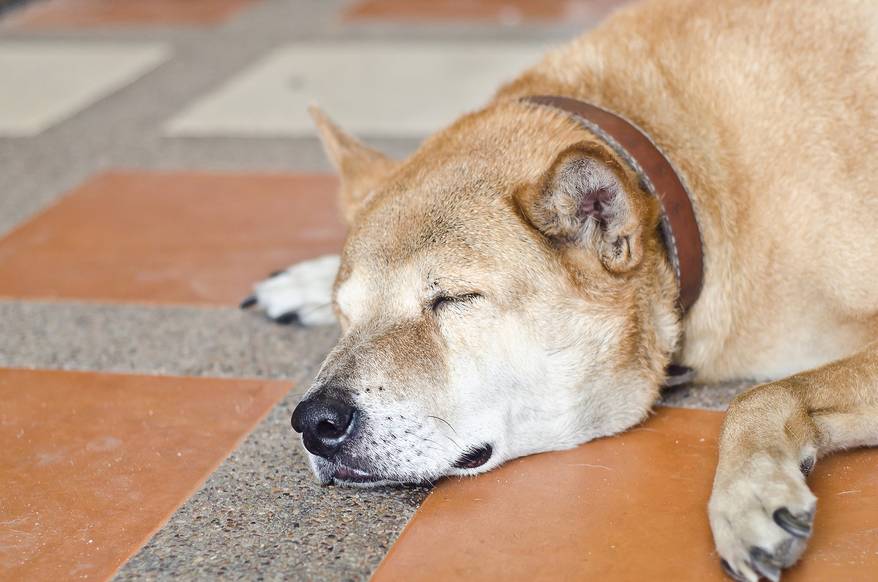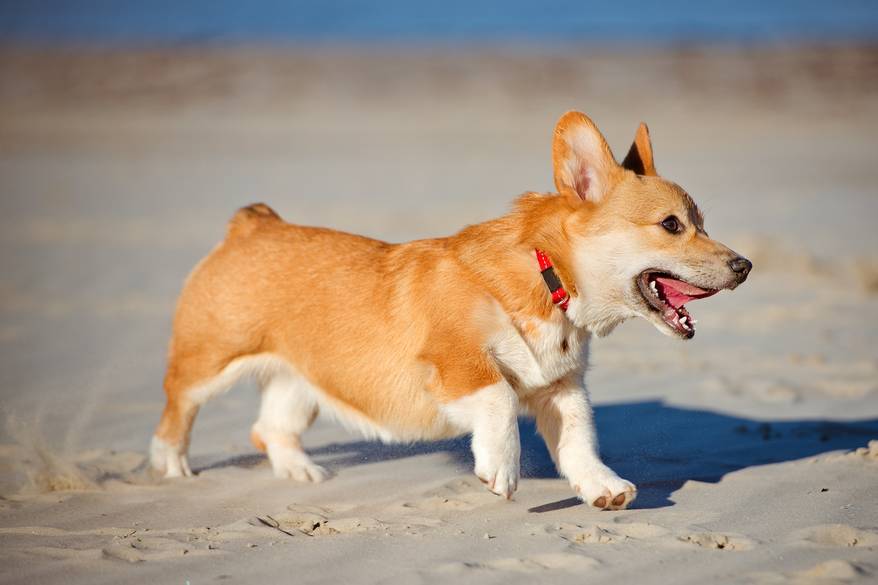
-
Find the right food for your petTake this quiz to see which food may be the best for your furry friend.Find the right food for your petTake this quiz to see which food may be the best for your furry friend.Featured products
 Hill's Science Diet Adult 7+ Senior Vitality Small & Mini Chicken & Rice Recipe Dog Food
Hill's Science Diet Adult 7+ Senior Vitality Small & Mini Chicken & Rice Recipe Dog FoodImproves everyday ability to get up & go
Shop Now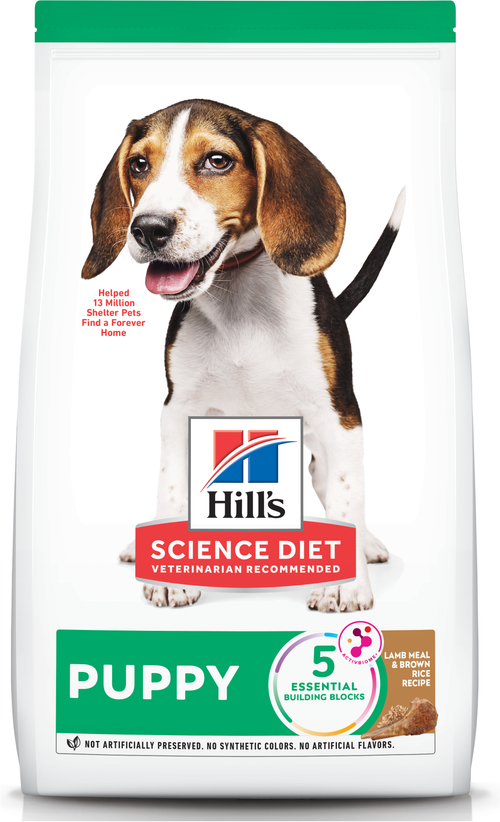 Puppy Lamb Meal & Brown Rice Recipe
Puppy Lamb Meal & Brown Rice RecipeVital nutrients to support 5 essential building blocks for lifelong health
Shop Now Puppy Large Breed Chicken & Brown Rice Recipe
Puppy Large Breed Chicken & Brown Rice RecipeVital nutrients to support 5 essential building blocks for lifelong health
Shop NowFeatured products Adult Indoor Chicken Recipe Cat Food
Adult Indoor Chicken Recipe Cat FoodSupports energy level and beautiful fur in indoor cats
Shop Now Adult 7+ Chicken Recipe Cat Food
Adult 7+ Chicken Recipe Cat FoodSupports energy level and beautiful fur in mature cats
Shop Now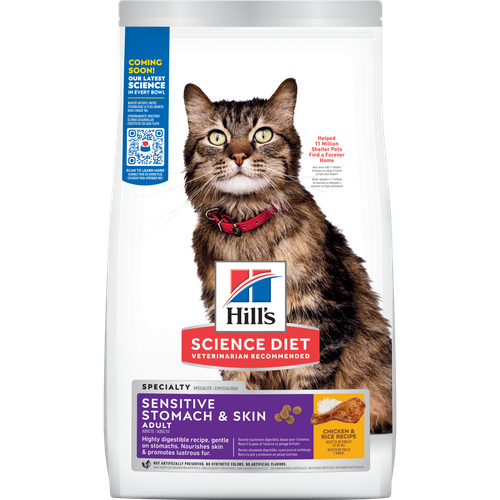 Adult Sensitive Stomach & Skin Cat Food
Adult Sensitive Stomach & Skin Cat FoodHighly digestible food that is gentle on the stomach. Nourishes skin & promotes lustrous fur.
Shop Now -
Dog
- Dog Tips & Articles
-
Health Category
- Weight
- Food & Environmental Sensitivities
- Urinary
- Digestive
- Joint
- Kidney
-
Life Stage
- Puppy Nutrition
- Adult Nutrition
Cat- Cat Tips & Articles
-
Health Category
- Weight
- Skin & Food Sensitivities
- Urinary
- Digestive
- Kidney
-
Life Stage
- Adult Nutrition
Featured articles Water
WaterDiscover why water is the most important nutrient for your dog or cat to live a healthy life. Find out how much water your pet should consume each day.
Read More The Incredible Science Behind Your Pet's Microbiome
The Incredible Science Behind Your Pet's MicrobiomeLearn what a pet's microbiome is, how it contributes to your pet's gut & overall health, and why nutrition is important in maintaining healthy microbiomes.
Read More Pet Food Storage Tips
Pet Food Storage TipsDiscover how and where to store your dry, as well as canned, dog and cat food. Learn how to find the "best before" dates on all Hill's pet food packaging.
Read More -


"What defines constipation?" and "Why is my dog constipated?" are questions frequently asked by pet owners. On the opposite end of the gastrointestinal (GI) spectrum lies diarrhea, which can also be perplexing since it can have many underlying causes. Both of these GI issues in dogs can cause lethargy, bloating and extreme discomfort. Although providing your dog with nutritionally balanced food and avoiding dietary indiscretions (like trash picking, ingesting toys and nibbling table scraps) can minimize GI upset, constipation and diarrhea are common conditions pet parents should be aware of and know when it’s time to see the the vet. Your vet can help identify the cause of your dog’s constipation and the best way to manage it.
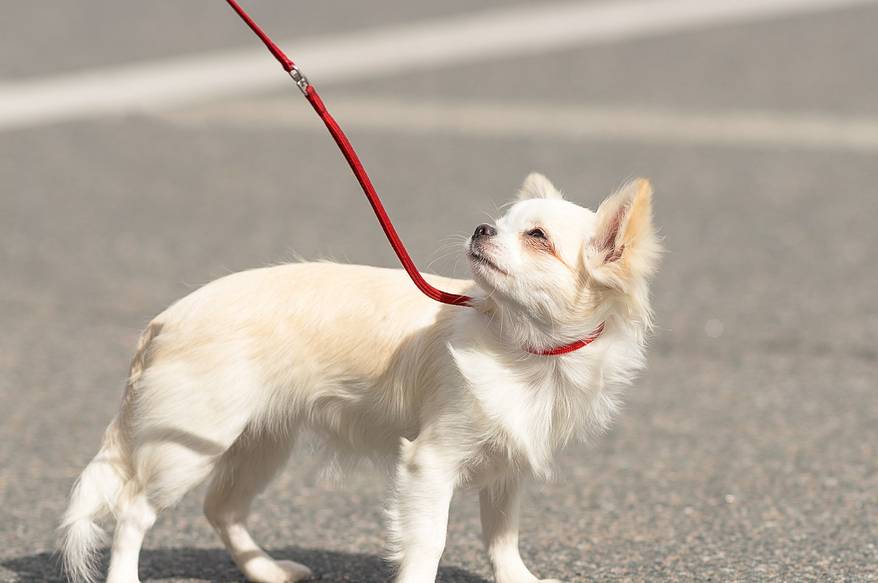
What Is Constipation?
Most dogs have a typical daily pattern of bowel movements. You probably already know it well from the number of bags you bring on a walk. Keeping track of your dog's normal habits can help you identify when something might be wrong.
Before you ask "Why is my dog constipated?" you should know how to spot the signs. Constipation refers to infrequent or difficult passage of stool. The stool passed is often hard and dry and might contain blood. A dog that poops occasionally one or two times less than usual is generally not cause for alarm, but if your dog has not passed stool in more than a day and is showing signs of straining or a poor appetite, call your veterinarian.
Why Is My Dog Constipated?
The question of why your dog is constipated can have many answers. A physical exam by your vet and tests, such as X-rays, will help discover or rule out the following problems:
- Ingestion of foreign material (clothing, toys, bones, stones, grass, fur, human hair)
- Sluggish intestinal movement
- Dehydration
- Matted fur blocking the anus
- Enlarged prostate gland in male dogs
- Hernias (when an injury or strain pushes a small section of an internal organ through the surrounding muscle)
- Tumor or mass within the intestinal tract
- Infected or impacted anal sacs
- Side effect of medications
- Orthopedic and neurological conditions, such as arthritis, that hinder a dog's ability to squat
How Can I Manage My Dog's Constipation?
The management of constipation depends on the underlying cause. In cases where your dog is merely bound up due to matted fur blocking the exit, you can provide immediate relief with grooming clippers. Dogs that are having difficulty passing stools containing fur, grass or bone fragments might need the gentle help of a vet's gloved hand to manually remove the impacted stool. Dogs having difficulty defecating due to enlarged prostate glands, masses within the intestinal tract or hernias will require surgical intervention.
You can help your orthopedically or neurologically impaired dog stay regular by supporting them with a harness while they defecate. Dogs with conditions, such as diabetes mellitus and kidney disease, which can increase their risk of dehydration and constipation, might need supplemental water added to their food or the administration of subcutaneous (under the skin) or intravenous (injected into a vein) fluids. If X-rays show a large amount of stool within your dog's colon, your vet might perform an enema to give them significant and immediate relief.
In order to prevent the frustrating and distressing scenario of dealing with dog constipation, talk to your vet about ways you can handle and prevent constipation. Your vet might recommend giving your pup high-moisture soft food, stool softeners, a high fiber therapeutic food, or a low residue therapeutic food. The increased fiber content of certain therapeutic dog food allows for greater absorption of water, which softens stool and promotes intestinal motility (the body's ability to move food through the digestive system). Always consult a vet before administering any over-the-counter medication to your dog, as many can be dangerous or fatal for dogs if not properly administered.


Tasty Tips
What Is Diarrhea?
In contrast to constipation, which can leave you wondering when your dog will poop again, diarrhea can leave a pet parent asking if your dog will ever stop pooping again. Diarrhea, the production of loose and frequent stools, is one of the most common G.I. issues in dogs. Like constipation, diarrhea can result from a variety of causes:
- Eating rich or indigestible food (table scraps, sticks, toys, trash)
- Sudden change in food or treats
- Food allergy or intolerance
- Stress (boarding in kennel, travel or separation anxiety)
- Parasites
- Viral or bacterial infection
- Inflammatory bowel disease
- Cancer
- Medications (antibiotics can often be a cause)
- Non-gastrointestinal diseases, such as kidney or liver disorders or pancreatitis
How Can I Manage My Dog's Diarrhea?
GI issues in dogs are consistently found on top-ten lists of medical issues warranting veterinary visits. While many causes of diarrhea are serious and require medical attention, less severe episodes can be managed at home after you consult your vet. Before talking to your vet, consider the following items so you can provide a more complete description of your pet’s issues:
- How long has the diarrhea been going on?
- What other medical issues does your dog have?
- What color is your dog's stool?
- Is your dog eating and drinking normally?
- Has your dog vomited?
- Is your dog acting lethargic?
Most importantly, please make sure to consult your veterinarian if you are concerned about any of these issues.
What Home Care Tips Will Help My Dog's GI Distress?
When it comes to managing diarrhea at home, it's best follow your vet’s advice carefully. Sometimes your vet will want you to avoid feeding your dog for 24 hours to allow the digestive system to rest. However, fresh water should always be made available. Waiting twelve to twenty-four hours before giving your dog anything to eat allows the inflamed intestines time to rest and recover and minimizes the water lost from the body. It is critical to provide your dog with fresh water and to encourage them to drink to prevent dehydration.
Even if your dog's case of diarrhea seems mild, seeking veterinary care is always a safe choice. Your vet can prescribe medications to help quickly resolve diarrhea and might suggest a different therapeutic food than would be recommended for constipation; this dog food will be a more highly digestible food that helps replace depleted key nutrients.
Issues in dogs, whether constipation or diarrhea, require close attention. Although neither is usually an immediate emergency, if symptoms persist and your dog's condition worsens, do not delay veterinary care. A familiarity with your dog's normal defecation frequency and poop consistency will help you recognize a problem and provide optimal care for your best friend.


Mindy Cohan is a veterinarian in the Philadelphia area and a graduate of the University of Pennsylvania School of Veterinary Medicine. She has a rescue dog named Jem. Mindy enjoys hiking with Jem while listening to podcasts about the American Civil War and Abraham Lincoln.
Related products

Improves everyday ability to get up & go

Vital nutrients to support 5 essential building blocks for lifelong health

Vital nutrients to support 5 essential building blocks for lifelong health
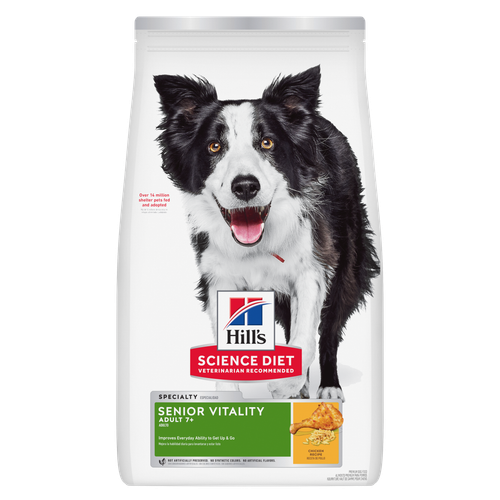
Improves Everyday Ability to Get Up & Go
Related articles

Learn how to stop your dog from begging at the dinner table, and understand how it can help contribute to his health.

Learn basic steps & precautions for treating a cut on your dog, including what you can put on the cut, and when you should take them to the vet.

Understand the role that Omega-6 and Omega-3 fatty acids play in your dog's overall health, and how you can ensure they are getting enough.
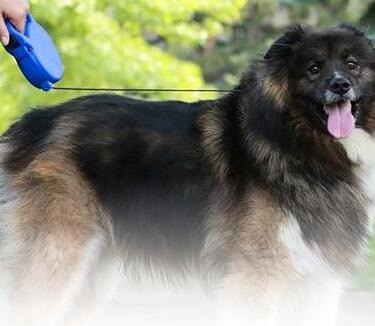
Discover fun and engaging games and other ways to help your dog exercise, keeping him happy and healthy.

Put your dog on a diet without them knowing
Our low calorie formula helps you control your dog's weight. It's packed with high-quality protein for building lean muscles, and made with purposeful ingredients for a flavorful, nutritious meal. Clinically proven antioxidants, Vitamin C+E, help promote a healthy immune system.
Put your dog on a diet without them knowing
Our low calorie formula helps you control your dog's weight. It's packed with high-quality protein for building lean muscles, and made with purposeful ingredients for a flavorful, nutritious meal. Clinically proven antioxidants, Vitamin C+E, help promote a healthy immune system.


